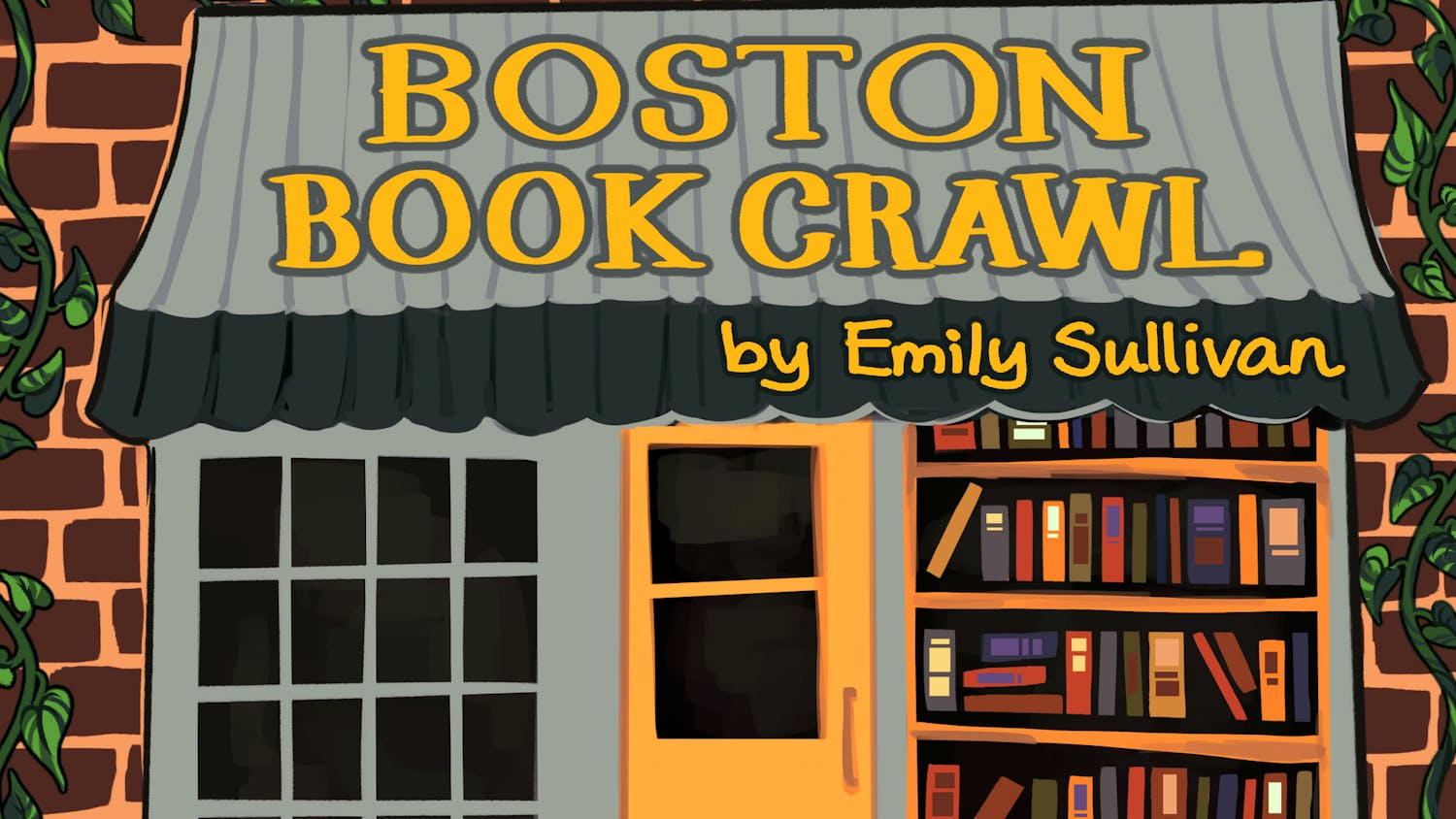Lately, while procrastinating on convoluted assignments, I ask myself why I chose college over the variety of options I could have gone with after high school, each leading me down a complex and unpredictable path. But then I look at the clock, fret about grades and go back to studying. The real questions that keep me up at night or some mornings while staring at my cereal in Dewick are: What was the decisive factor that made me who I am? What does it mean to exist? Where do I go from here?
Allow me to take you through an exploratory column of the human existence and questions that I will raise but ultimately be unable to answer. Perhaps you'd like to join me on my perpetual existential crisis?
So what, exactly, makes a human? Two of my favorite authors agree that identity makes a human. Haruki Murakami weaves together surreal parallel worlds into one where strange occurrences force his protagonist to reevaluate their self-image and their struggles in life. Joshua Ferris creates oddly specific protagonists — for example, ones that enjoy dentistry, religion and masturbating in a closet — and then whisks away the fundamental parts of their characters so us readers can watch them painstakingly piece themselves together. Literature gives us one question which then leads to another, and the identity equation turns into the formula for human existence, which turns into what it even means to be a human, which turns into another hour I spend on YouTube watching Kurzgesagt videos rather than studying.
In biology, the human formula is etched in our DNA and expressed through the development of the cell. It starts with a fertilized egg which divides into more complex cellular formations, forms blood vessels and important organs, then miraculously exits the mother.
In psychology, the human formula is a lot less linear. There are many theories, but one of the most comprehensive ones is Abraham Maslow’s hierarchy of needs. Maslow solves the formula with a pyramid, where our most basic but easily overlooked physical and safety needs are at the base, leading up to the factors that come to mind when we talk about what makes a human, such as social belonging, self-esteem and ego. The elusive “self-actualization” tops off the pyramid. The higher we climb the pyramid, the more we start to question our reality. Recently, in interviews or while meeting new people, when asked what my hobbies are, I start to frantically think about which of my hobbies are not weird and I am actually good at, only to find that none fit this mold. Why do I worry? Is it because I am climbing the pyramid and have reached that stage where social inclusion and a respectable reputation are inexplicably important? But surely, those factors don’t define me — or do they, or should they?
How do I go about life with this existential identity crisis? Abraham Lincoln, when called “two-faced” in a debate, said something to the extent of: “If I had two faces, do you think I’d be wearing this one?” I like to think of Abraham Lincoln as having reached “self-actualization,” and if someone like him goes through life with such self-deprecating humor, why shouldn’t I? Maybe that’s my formula.





